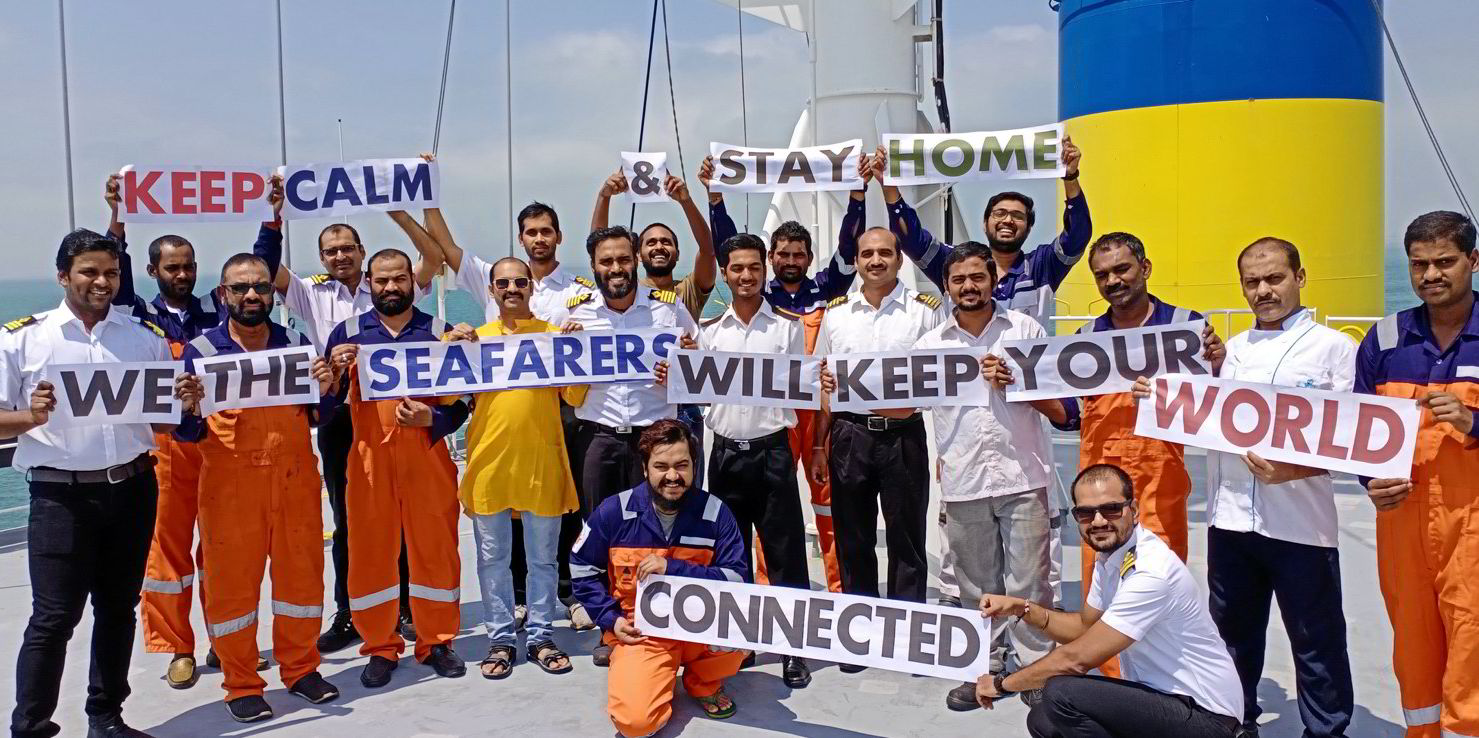An independent study has concluded there is little difference in perceptions of well-being among seafarers employed on open international register ships — sometimes known as flags of convenience (FOCs) — and those working on national-flag ships.
The findings of the seafarer survey, undertaken by Greece’s University of Piraeus, will raise questions over the relevance of a decades-long campaign by the International Transport Workers’ Federation (ITF) against FOCs.
The ITF’s campaign is based on the principle that ships should be registered under the national flag of the beneficial owner for the welfare and protection of the crew.
The University of Piraeus study found that the negative connotations of the term FOC are “unjustified when it comes to crew wellbeing”. It went on to say that associating international registries with substandard conditions is “meaningless and misleading”.
The researchers said vessels operating with substandard conditions, or the highest conditions, can be found in both FOC and national registries.
The university said it would be more effective to evaluate crew well-being by looking at ownership, the company behind the vessel or owner nationality, rather than relying on the flag under which a ship sails as an indicator.
“Seafarers who work on board a vessel that flies the flag of a traditional maritime nation and those that are on board a vessel flying an international flag, seem to have similar evaluations of the major dimensions that form their wellbeing,” the researchers concluded.
The findings were presented at a conference taking place as part of the Posidonia week of events.
FOCs range from giant open registers like Panama, to smaller flags like Belize, the Cook Islands and Togo. National flags tend to be run by traditional maritime nations like the UK or Japan.
High standards
However, the distinctions between types of flags are not as clear cut as they used to be. Some traditional shipping nations, such as Germany and Norway, have commercialised ship registration by establishing separate international open registries.
The report seems to reflect moves by leading international open registries, like the Marshall Islands, the Bahamas and Liberia, to develop a business model that is based around registering vessels with high operational standards.

In some cases, the standards of progressive open international registers have exceeded some of the standards applied by national flags.
In total there are 41 countries identified as FOCs by the ITF. The ITF insists that ships registered under FOC flags should sign up to an ITF-approved collective wage agreement.





